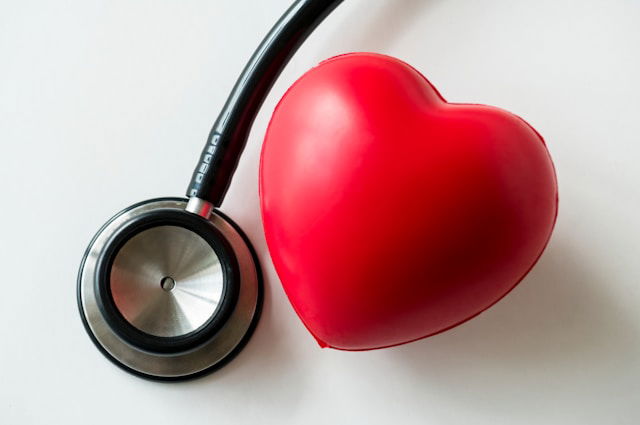
Heart disease is the number one cause of death in the world. In the United States, someone dies from heart disease every 34 seconds. This is based on data from the Centers for Disease Control and Prevention (CDC).
To help prevent heart attacks and strokes, doctors often prescribe a type of medicine called statins. Statins lower “bad” cholesterol (LDL) in the blood. High levels of LDL can clog the arteries, which can lead to serious heart problems.
Statins are proven to save lives. But a new study shows that many people, even those who are at high risk, are refusing to take them.
The study was done by researchers at Brigham and Women’s Hospital. It looked at more than 24,000 patients who were all at high risk for heart disease. Some had diabetes, others had very high cholesterol, and some had already suffered a stroke. All of them were strong candidates for statins, and doctors recommended the medicine to every one of them.
But more than 20% of these patients said no. In fact, about one out of three people never even tried the medicine. The study found that people who didn’t take statins took three times longer to bring their cholesterol down to healthy levels. This delay increased their risk of having future heart problems.
The study, published in JAMA Network Open, also found that women were more likely than men to refuse statins. Women were 20% more likely to say no when their doctor first suggested the medicine, and they were 50% more likely never to start taking it at all.
One reason might be that many women still think heart disease mostly affects men. That’s a dangerous mistake, because heart disease affects everyone.
Dr. Alex Turchin, one of the researchers, says it’s important to understand why people refuse statins. He believes doctors should take more time to talk with patients, listen to their concerns, and explain things clearly and respectfully. This type of approach, known as “patient-centered care,” could help more people accept the medicine.
Statins can cause side effects in some people, like muscle pain or stomach issues. But for most people, the benefits are greater than the risks. Some people may also be nervous about taking medicine every day or believe what they hear from friends or the internet. This shows why good communication between doctors and patients is so important.
The research team is now studying what happens to people who refuse statins over time. They want to know how it affects their chances of having a heart attack, stroke, or dying early.
Dr. Turchin says many people don’t realize how much modern medicine can improve life and help people live longer. Statins are a good example—they work well, but only if people take them.
If you’re worried about heart health, there are other things you can do too. Regular exercise, eating healthy foods, and even eating eggs in moderation can help. But if your doctor recommends statins, it’s a good idea to have an open and honest talk before making a decision.
Taking care of your heart is not just about medicine. It’s about choosing a longer, healthier life.
If you care about heart disease, please read studies about a big cause of heart failure, and common blood test could advance heart failure treatment.
For more information about heart health, please see recent studies about a new way to repair human heart, and results showing drinking coffee may help reduce heart failure risk.
Copyright © 2025 Knowridge Science Report. All rights reserved.



